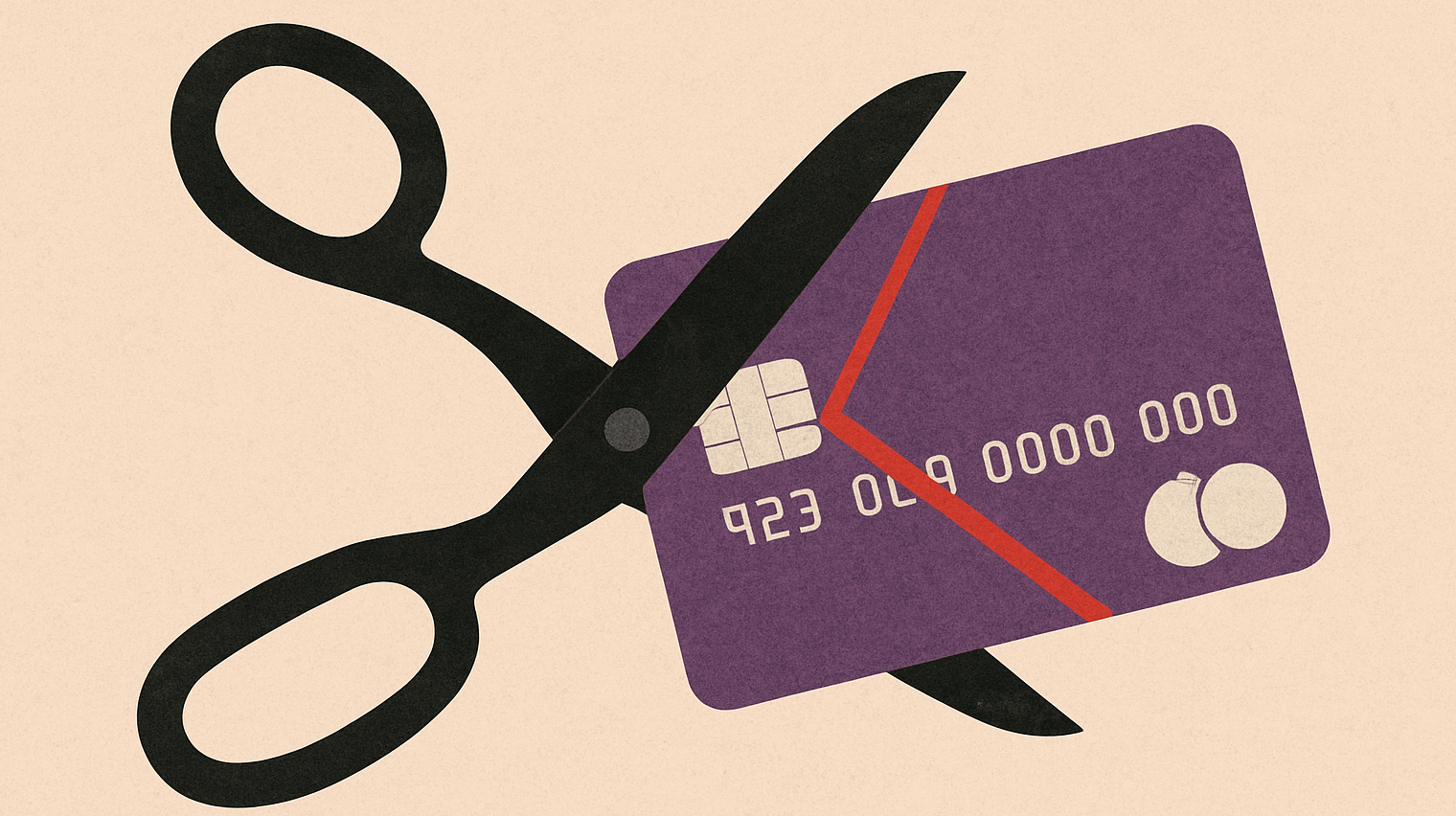How to Get Out Of Debt in 2025: 12 Easy Steps
Explore 12 effective strategies to manage, reduce, and eliminate debt for a brighter financial future.

Related articles
Take Control: Your Debt-Free Action Plan
Debt isn't just a number - it's stress, lost sleep, and feeling stuck. But you're not powerless. These 12 practical steps can help you cut through the noise, take action, and finally regain control of your money.
How to Put This Plan Into Action
Big lists can feel overwhelming, so let’s keep it simple. Here’s how you can start tackling debt one step at a time. Think of these 12 tips as small shifts you can make—pick one or two that fit your situation, then build from there. If debt consolidation is on your mind, you’ll also find plenty of advice in our full secured loans guide.
1. Know where your money goes
Start by tracking your income and expenses. Seeing exactly where your money goes each month helps you spot areas to cut back and frees up funds to pay off debt faster.
2. Prioritise high-interest debts
Focus on paying off debts with the highest interest rates first, like credit cards. This strategy reduces the total interest you pay and helps you get out of debt sooner.
3. Consider debt consolidation loans
If you have multiple debts, consolidating them into one loan – potentially a secured loan with lower interest – can simplify repayments and lower monthly costs..
4. Use secured loans wisely
A secured loan can be a smart tool to pay off expensive debts, thanks to lower interest rates. But remember, your home is at risk if you can't keep up with repayments.
5. Negotiate with creditors
Sometimes creditors may agree to lower your interest rate or offer a payment plan. It's worth contacting them to explain your situation and see what options are available.
6. Avoid taking on new debt
Try not to add to your existing debt. Resist the temptation to use credit cards or take out extra loans while you're focusing on paying off what you owe.
7. Set up an emergency fund
Having some savings for expenses prevents you from relying on credit in a crisis, and that helps you stay on track with debt repayments.
8. Cut unnecessary expenses
Look for subscriptions, eating out, or shopping habits that could be trimmed. Even small savings add up and can speed up your journey out of debt.
9. Increase your income
Consider side gigs, freelance work, or selling unused items to boost your income and put extra cash towards paying off debt. You could even study for new skills and switch to a higher paying job.
10. Seek professional debt advice
Debt advisors can help you understand your options and negotiate with creditors. Free services are available in the UK, like StepChange or Citizens Advice.
11. Use balance transfers carefully
If you have credit card debt, balance transfers to a card with a 0% introductory rate can save interest - but watch out for fees and make sure you can pay it off before the deal ends.
12. Stay motivated and track progress
Paying off debt takes time. Celebrate milestones, keep an eye on your progress, and remind yourself why you're working towards a debt-free future. Check in with these 12 approaches and you’ll soon begin to shift the balance back in your favour. And if you want to explore all your borrowing options, our full secured loans overview is a good place to start.
Remember...
Most people don't get into debt overnight - and you won't get out overnight either. But the good news is you don't need to be perfect, just consistent. Check in with these 12 approaches and you'll soon begin to shift the balance back in your favour.
Frequently Asked Questions: Secured Loans
Can a secured loan help me get out of debt?
Yes, a secured loan can be a useful tool to consolidate high-interest debts into one loan with lower interest rates. But remember, since it's secured against your home, missing payments can put your home at risk of repossession. Always borrow only what you can afford.

What if I can't afford my monthly debt repayments?
If you're struggling to meet repayments, contact your creditors straight away. Many lenders offer hardship programs or alternative payment plans. You can also seek advice from free debt counselling services to explore your options.

How do I know if debt consolidation is right for me?
Debt consolidation can simplify payments and potentially lower interest, but it's not right for everyone. Consider your total debt, interest rates, and whether you can afford the monthly payments. A financial advisor or debt charity can help you decide.

Will debt advice affect my credit score?
Seeking debt advice doesn't directly affect your credit score. But some solutions like debt management plans (DMPs) or individual voluntary arrangements (IVAs) might be recorded on your credit file. Getting advice early can actually help protect your credit in the long term.

How long does it take to get out of debt?
The time it takes varies depending on how much you owe, your repayment plan, and your financial situation. With a clear strategy and discipline, many people see progress within months, but full repayment can take several years.


The details shown are for illustration only and may not include all lenders or products. Actual rates and terms depend on your circumstances and the lender’s assessment. Information was correct at publication but may change at any time.




